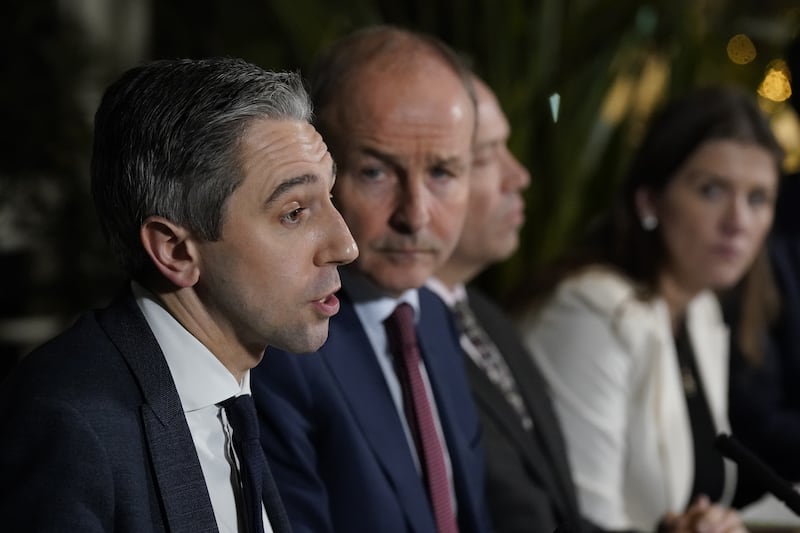DUP leader Ian Paisley claimed Ulster Scots was a language which had been "beaten out of a generation of school children" and its preservation needed government funding, previously classified papers have revealed.
The comments followed a campaign to get recognition and funding for Ulster Scots.
Initially a letter was sent from Ian Adamson, a Belfast Unionist councillor and chairman of the Ulster Scots Language Society (USLS) to Stan Corbett of the Central Community Relations Unit at Stormont Castle, dated July 15, 1993.
The councillor was seeking funding for Ulster Scots language development and official EC recognition as a ‘European lesser-used language’ and hoped to establish an Ulster Scots Academy.
Adamson’s letter provoked a memo from J A Canavan of the NIO, dated August 5, 1993.
Canavan admitted that the contribution of Ulster Scots literature had been "edited out of the cultural history of the island". "However," he added, "the claim of the USLS for Ulster Scots as a living European lesser-used language are more questionable."
Dr Adamson was unremitting, however, and in December penned a long letter detailing his vision of an Ulster Scots Academy with a five- year State funding programme.
In May 1994, the files reveal, the Ulster Scots issue was caught up in the wider debate about funding of Irish at Belfast City Hall.
The upshot was a further meeting between an Ulster Scots deputation, headed by the DUP leader Ian Paisley and including Nigel Dodds and Dr Adamson with NIO minister Michael Ancram and officials on December 6, 1995.
The DUP leader said Ulster Scots was a language which had been "beaten out of a generation of school children."
Dr Philip Robinson said claims that Ulster Scots was "just a dialect" or bad English could be damaging to the self-respect of the speakers.
Responding, the minister said that "as a Lowland Scot himself, he was familiar with the language" and would consider the matter.








